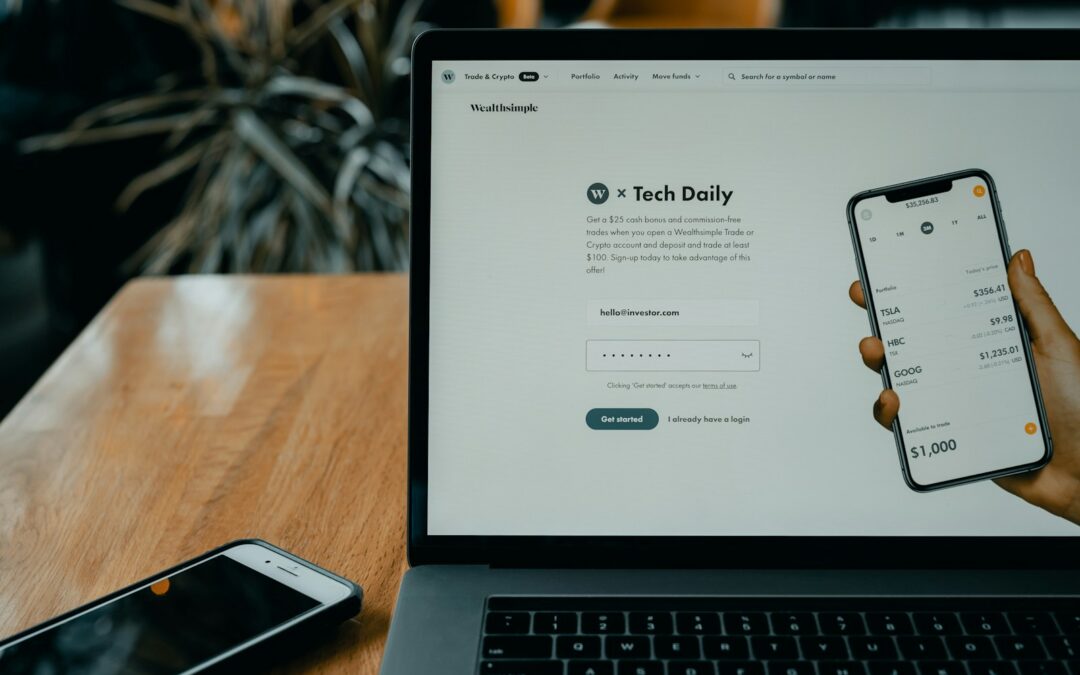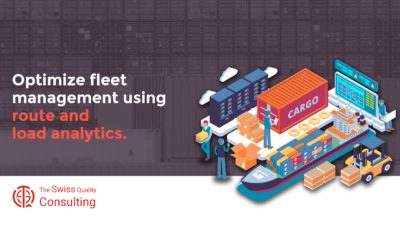Strategies for Effective IoT Integration in Fleet Management
Leveraging IoT for Enhanced Fleet Management
IoT fleet management integration has revolutionized the way transportation companies manage their vehicles and ensure real-time tracking. In fast-paced markets like Saudi Arabia and the UAE, where cities such as Riyadh and Dubai are hubs for innovation, integrating IoT systems into fleet management has become essential for maintaining a competitive edge. By leveraging IoT technology, transportation companies can monitor their fleets in real-time, optimize routes, and improve overall efficiency.
One of the primary strategies for successful IoT integration in fleet management is the deployment of GPS-enabled devices in each vehicle. These devices continuously transmit location data to a central system, allowing fleet managers to track vehicles in real-time. In Riyadh, for instance, a leading transportation company implemented GPS tracking across its fleet, enabling it to monitor vehicle locations, speed, and routes. This real-time data helps in making informed decisions, optimizing routes, and reducing fuel consumption, ultimately leading to cost savings and improved service delivery.
Another critical aspect of IoT integration is the use of telematics systems that collect data on vehicle performance and driver behavior. In Dubai, a transportation company adopted telematics to monitor engine health, fuel usage, and maintenance needs. By analyzing this data, the company can schedule preventive maintenance, reducing the risk of breakdowns and extending the lifespan of its fleet. Additionally, telematics systems provide insights into driver behavior, such as harsh braking or speeding, allowing for targeted training programs to improve safety and efficiency.
Implementing Real-Time Tracking Solutions
Real-time tracking is a cornerstone of effective fleet management, and IoT systems play a pivotal role in enabling this capability. In Saudi Arabia, a transportation company integrated IoT sensors with its fleet management software to achieve real-time tracking and monitoring. These sensors provide continuous updates on vehicle location, speed, and status, which are crucial for ensuring timely deliveries and enhancing customer satisfaction.
One innovative approach to real-time tracking is the use of geofencing technology. By setting up virtual boundaries, companies can receive alerts when a vehicle enters or exits a designated area. This is particularly useful for managing large fleets across vast geographic regions, such as those in the UAE. For example, a logistics company in Dubai used geofencing to streamline its operations, ensuring that vehicles follow predefined routes and avoid unauthorized areas. This not only improves route compliance but also enhances security by preventing theft or unauthorized use of vehicles.
Furthermore, cloud-based platforms are essential for managing the vast amounts of data generated by IoT devices in fleet management. By utilizing cloud computing, transportation companies can store, process, and analyze real-time data efficiently. In Riyadh, a transportation firm integrated its IoT systems with a cloud-based platform, enabling seamless data access and analytics. This integration allows fleet managers to monitor operations from anywhere, make data-driven decisions, and respond promptly to any issues that arise, ensuring smooth and efficient fleet management.
Case Studies: IoT Integration in Fleet Management
Several transportation companies in Saudi Arabia and the UAE have successfully integrated IoT systems into their fleet management processes, demonstrating the tangible benefits of this technology. One notable example is a logistics company in Riyadh that implemented an IoT-enabled fleet management system. This system provided real-time tracking, route optimization, and vehicle diagnostics, leading to significant improvements in operational efficiency and cost savings. The company reported a 20% reduction in fuel consumption and a 15% decrease in maintenance costs within the first year of implementation.
In Dubai, a public transportation provider leveraged IoT technology to enhance its fleet management capabilities. By integrating IoT sensors and telematics, the company achieved real-time monitoring of its buses, ensuring punctuality and improving passenger safety. The data collected from IoT devices enabled the company to optimize routes, reduce idle times, and enhance overall service reliability. As a result, the provider saw a marked increase in customer satisfaction and operational efficiency.
These case studies highlight the transformative impact of IoT integration on fleet management. By adopting advanced IoT technologies, transportation companies in Saudi Arabia and the UAE can achieve greater visibility, efficiency, and control over their operations. The success of these initiatives underscores the importance of strategic IoT integration in driving business growth and competitiveness in the transportation sector.
Future Trends and Best Practices in IoT Fleet Management
Embracing AI and Machine Learning for Predictive Analytics
The future of IoT fleet management lies in the integration of artificial intelligence (AI) and machine learning technologies. These advanced tools can analyze vast amounts of data collected from IoT devices to predict potential issues and optimize operations. In Saudi Arabia, transportation companies are beginning to leverage AI to enhance their fleet management systems. By using predictive analytics, these companies can anticipate maintenance needs, optimize routes, and improve fuel efficiency.
For example, an AI-powered fleet management system can analyze historical data to predict when a vehicle is likely to require maintenance, allowing companies to schedule repairs proactively. This reduces the risk of unexpected breakdowns and extends the lifespan of the fleet. In Dubai, a transportation company implemented an AI-driven predictive maintenance program, resulting in a 25% reduction in vehicle downtime and significant cost savings.
Additionally, machine learning algorithms can identify patterns in driver behavior, enabling targeted training programs to improve safety and efficiency. By continuously learning from data, these algorithms can provide insights into how drivers can optimize their routes, reduce fuel consumption, and minimize wear and tear on vehicles. This not only enhances operational efficiency but also contributes to safer roads and a more sustainable environment.
Integrating Blockchain for Enhanced Security and Transparency
Blockchain technology is poised to play a significant role in enhancing the security and transparency of IoT fleet management systems. By providing a decentralized and immutable ledger, blockchain ensures that all data related to fleet operations is securely recorded and easily verifiable. In regions like Saudi Arabia and the UAE, where data security is a top priority, integrating blockchain with IoT systems can provide an additional layer of protection against fraud and cyber threats.
Blockchain can also enhance transparency in fleet management by enabling real-time tracking of vehicles and shipments. This is particularly valuable in logistics and supply chain management, where visibility and accountability are crucial. For example, a logistics company in Riyadh used blockchain to track its fleet and shipments, ensuring that all data was transparent and tamper-proof. This not only improved operational efficiency but also built trust with customers and stakeholders.
Moreover, blockchain can facilitate secure and transparent transactions between multiple parties involved in fleet operations, such as suppliers, maintenance providers, and customers. By using smart contracts, transportation companies can automate and streamline these transactions, reducing administrative overhead and ensuring timely payments. This integration of blockchain with IoT systems can drive greater efficiency and collaboration in the transportation sector.
Conclusion: The Future of Fleet Management
As technology continues to evolve, the integration of IoT systems with advanced technologies such as AI and blockchain will further enhance fleet management capabilities. Transportation companies in Saudi Arabia and the UAE that embrace these innovations can achieve significant improvements in efficiency, security, and customer satisfaction. By leveraging IoT fleet management integration, businesses can optimize their operations, reduce costs, and drive sustainable growth.
In conclusion, IoT integration is transforming fleet management by providing real-time tracking, predictive analytics, and enhanced security. The strategic use of cloud-based solutions, AI, and blockchain technology can unlock new opportunities for innovation and business success. As the transportation sector in Saudi Arabia and the UAE continues to grow, adopting advanced IoT systems will be essential for maintaining a competitive edge and achieving long-term success.
—
#IoTFleetManagement #CloudBasedSolutions #BusinessSuccess #ModernTechnology #LeadershipSkills #ProjectManagement #SaudiArabia #UAE #Riyadh #Dubai #ArtificialIntelligence #Blockchain #TheMetaverse #ExecutiveCoachingServices #GenerativeAI































